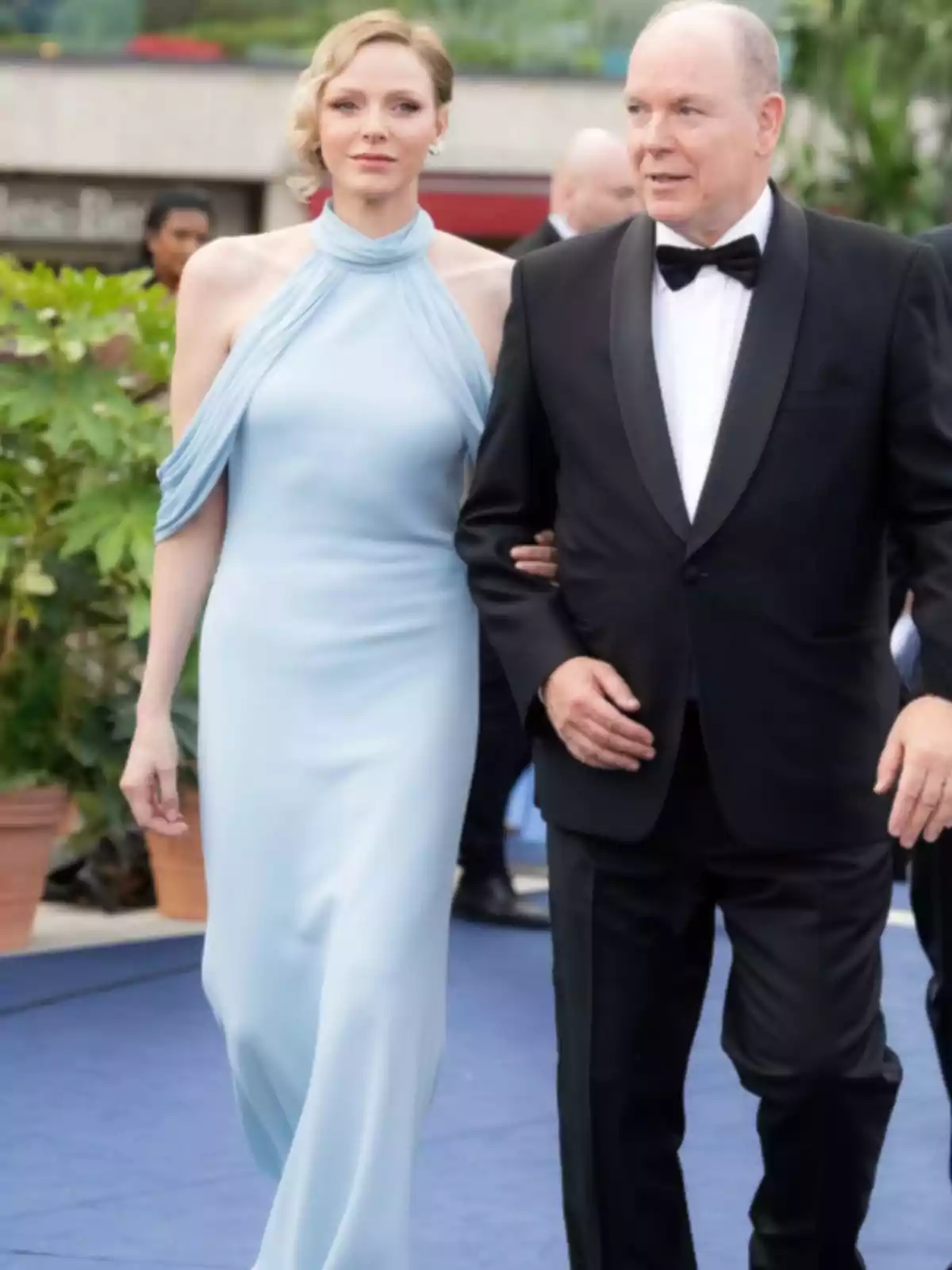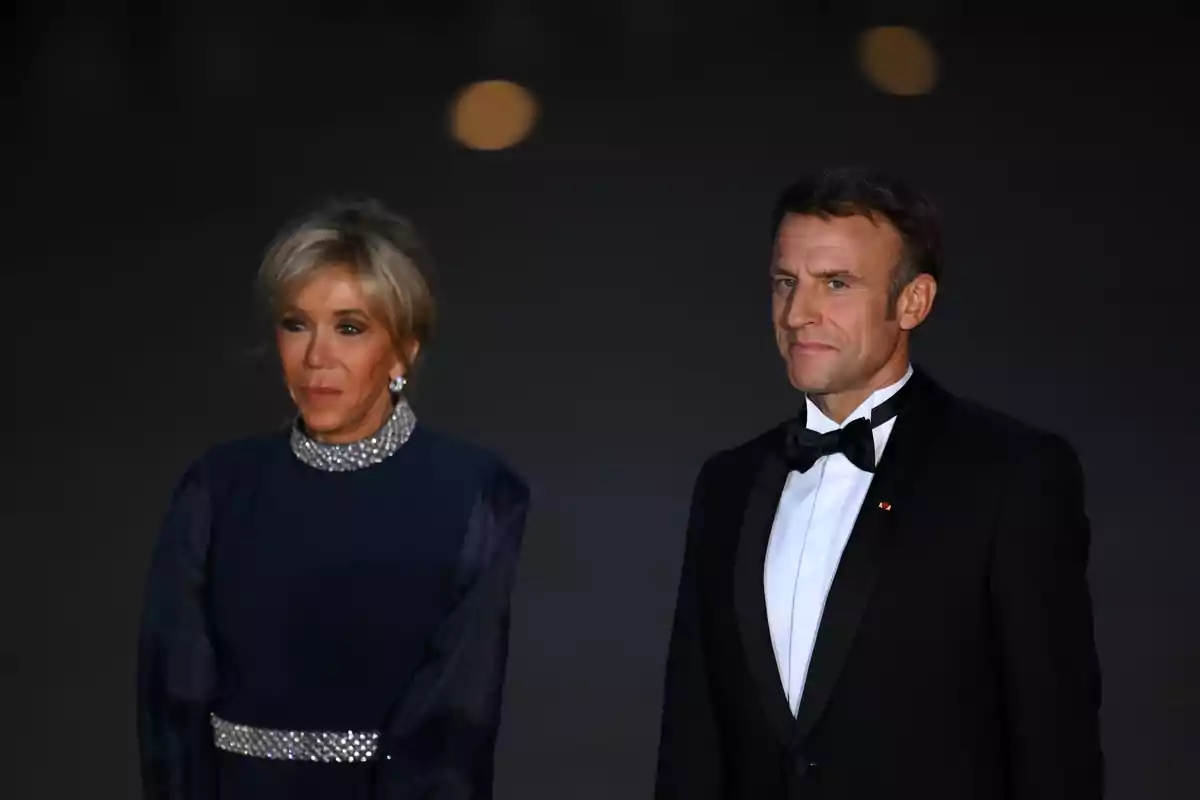On June 7, Emmanuel Macron began a historic visit to Monaco. Accompanied by his wife Brigitte, the French president was received with honors at the princely palace.
The scene seemed perfect: Albert of Monaco, Princess Charlène and their children showed an image of harmony and respect. The insignia of the Grand Cross of the Order of Saint Charles were bestowed upon the head of state, a symbol of a solid and smooth bilateral relationship.
Just before this visit, the appointment of Monaco's new Ministre d'État was announced. Since 1918, the sovereign of the Principality must choose a high-ranking French official for this key position.
This time, Albert of Monaco chose Philippe Mettoux, magistrate and former legal director of SNCF. His choice was motivated by his experience and his ability to take on the political leadership of the small Mediterranean state.
Macron's unexpected pressure
However, the idyllic scenario began to change after Macron's departure. Although he spent 48 hours as Albert of Monaco's guest, he never expressed in person his disagreement with Mettoux's selection.
The surprise came once in Paris, where Macron pressured the prince to reconsider the appointment. The French president didn't agree with the decision made by Albert of Monaco and made this clear. This stance caused confusion and diplomatic tension between the two.
Meanwhile, Mettoux had already publicly celebrated his new position through his social media. On LinkedIn, he highlighted his deep admiration for the "Monegasque model" and officially confirmed that he would take office on July 4. These statements showed his enthusiasm for the position he was about to hold.
However, ignoring the warnings received from France, Mettoux went even further and threatened to demand compensation if his appointment was withdrawn. This attitude made the situation considerably more complicated for Albert of Monaco, caught between French pressure and the magistrate's inflexible stance.

The Élysée's intervention and the solution
The treaty signed between France and Monaco in 2005 clearly established French protection over Monegasque sovereignty. However, it also obligates the Principality to align its actions with French interests in political, economic, and defense matters. Faced with Macron's pressure, Albert of Monaco was forced to yield.
On June 27, Mettoux announced his resignation on LinkedIn. However, he didn't hide his annoyance and referred to "negative forces" that tried to keep old practices. His words made it clear that the conflict was deeper than a simple name change.
Finally, Macron proposed Christophe Mirmand, former secretary general of the French Ministry of the Interior and former prefect of the area bordering Monaco. The French president managed to impose his candidate, in a clear reminder to the prince of Paris's influence.

A standoff that left lessons
This crisis comes shortly after a similar episode that also caused tension between Monaco and France. In 2024, Albert of Monaco chose Didier Guillaume for the position of Ministre d'État, despite French opposition. Guillaume's sudden death prevented that standoff with Macron from escalating.
On this new occasion, the pressure from Paris was much more forceful and definitive. The Élysée showed their power to influence the Principality's decisions. Thus, Albert of Monaco had to yield to French demands.
The episode reveals the complex relations between Monaco and France, where Monegasque independence must be balanced with the Élysée's influence. The prince's initial clumsiness and indecision facilitated an unusual diplomatic intervention. However, history makes it clear that, in this relationship, French diplomacy and politics continue to set the tone.

